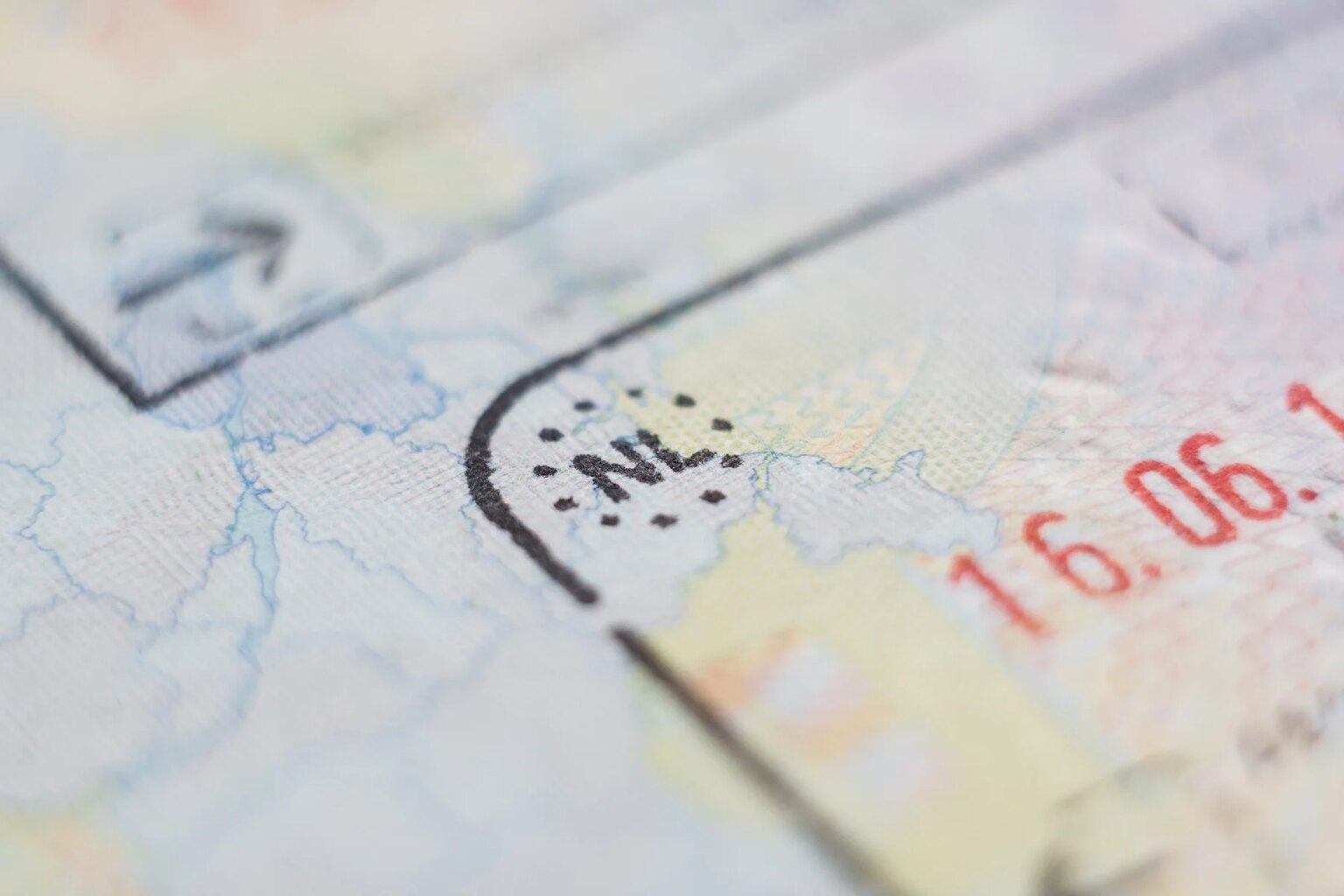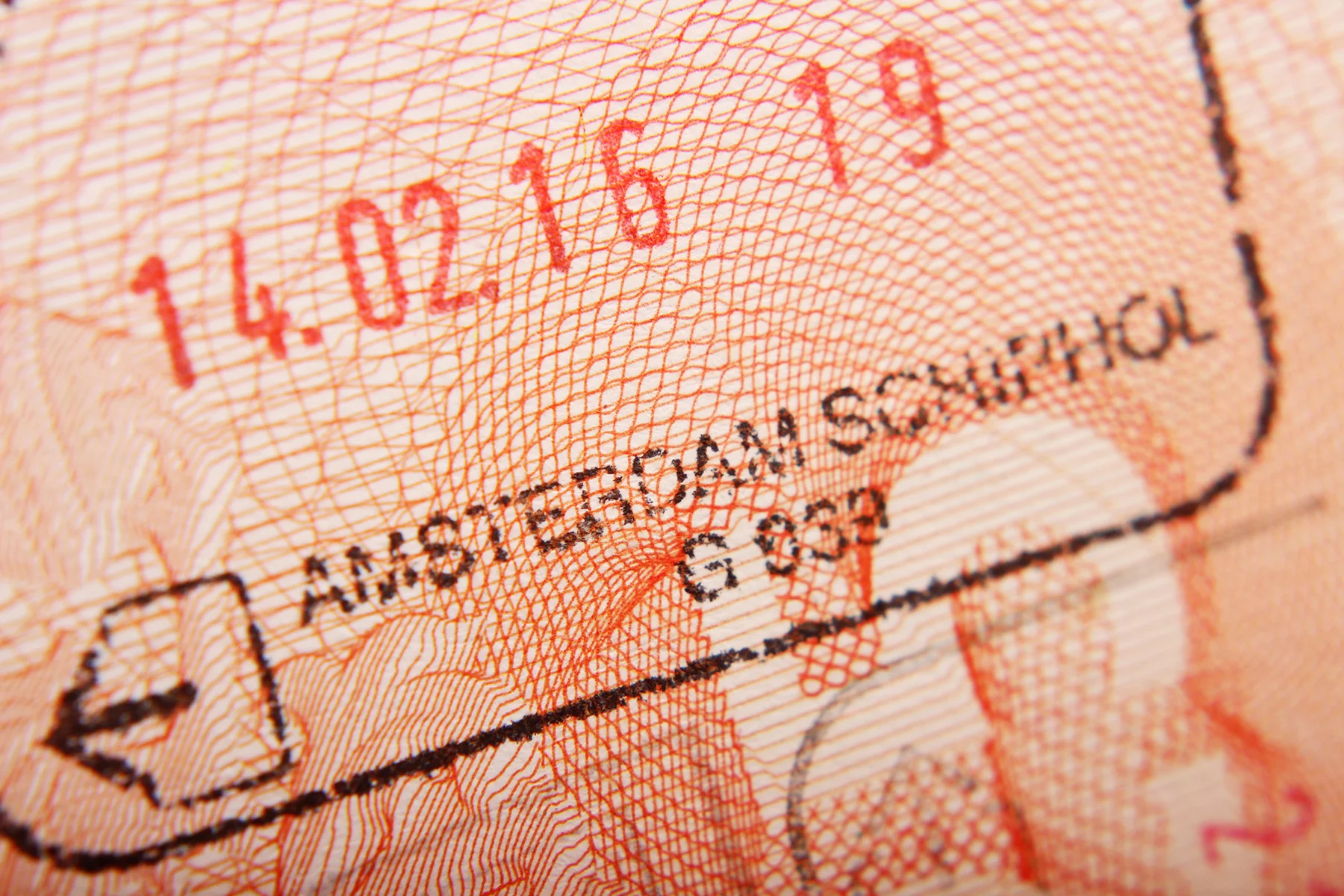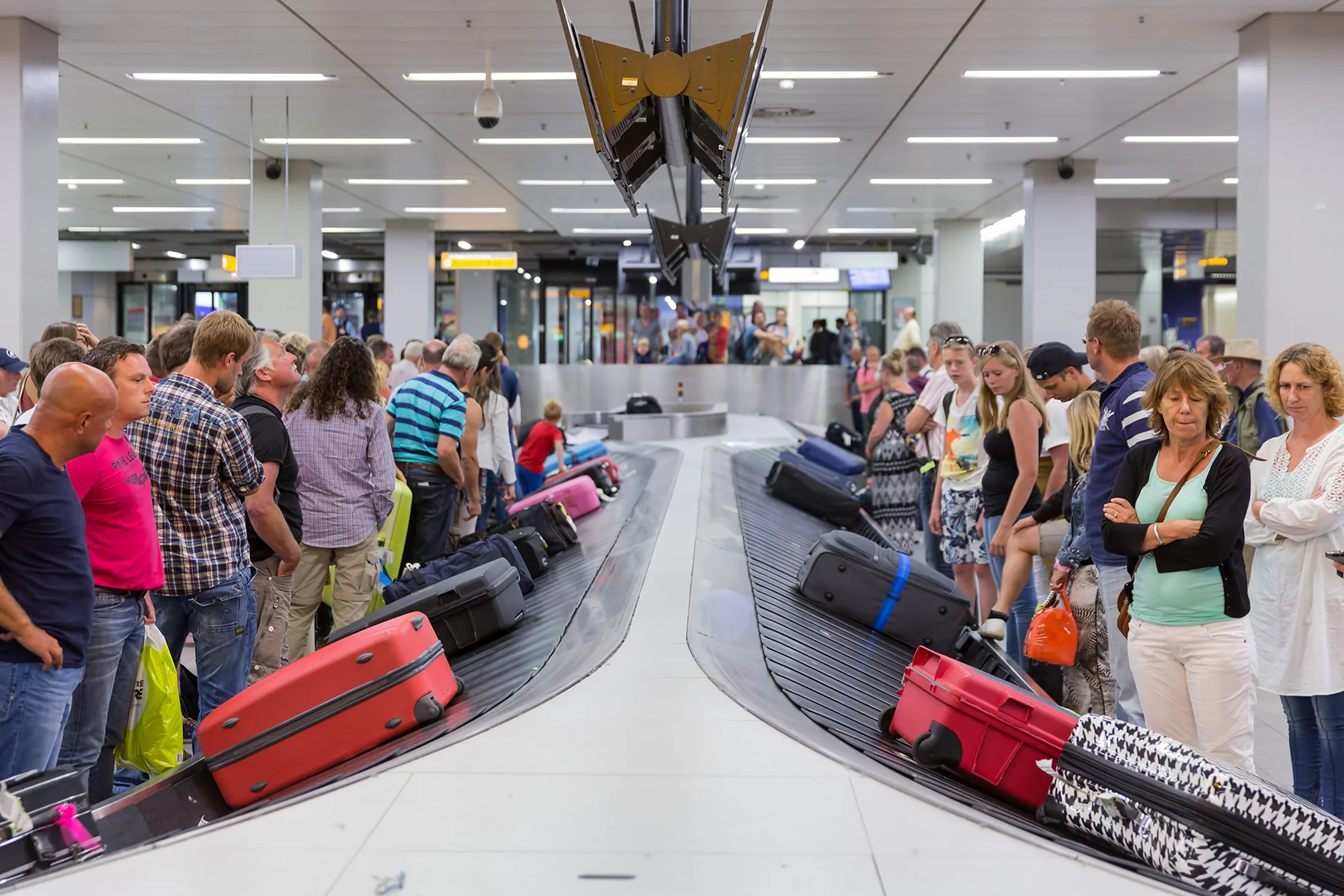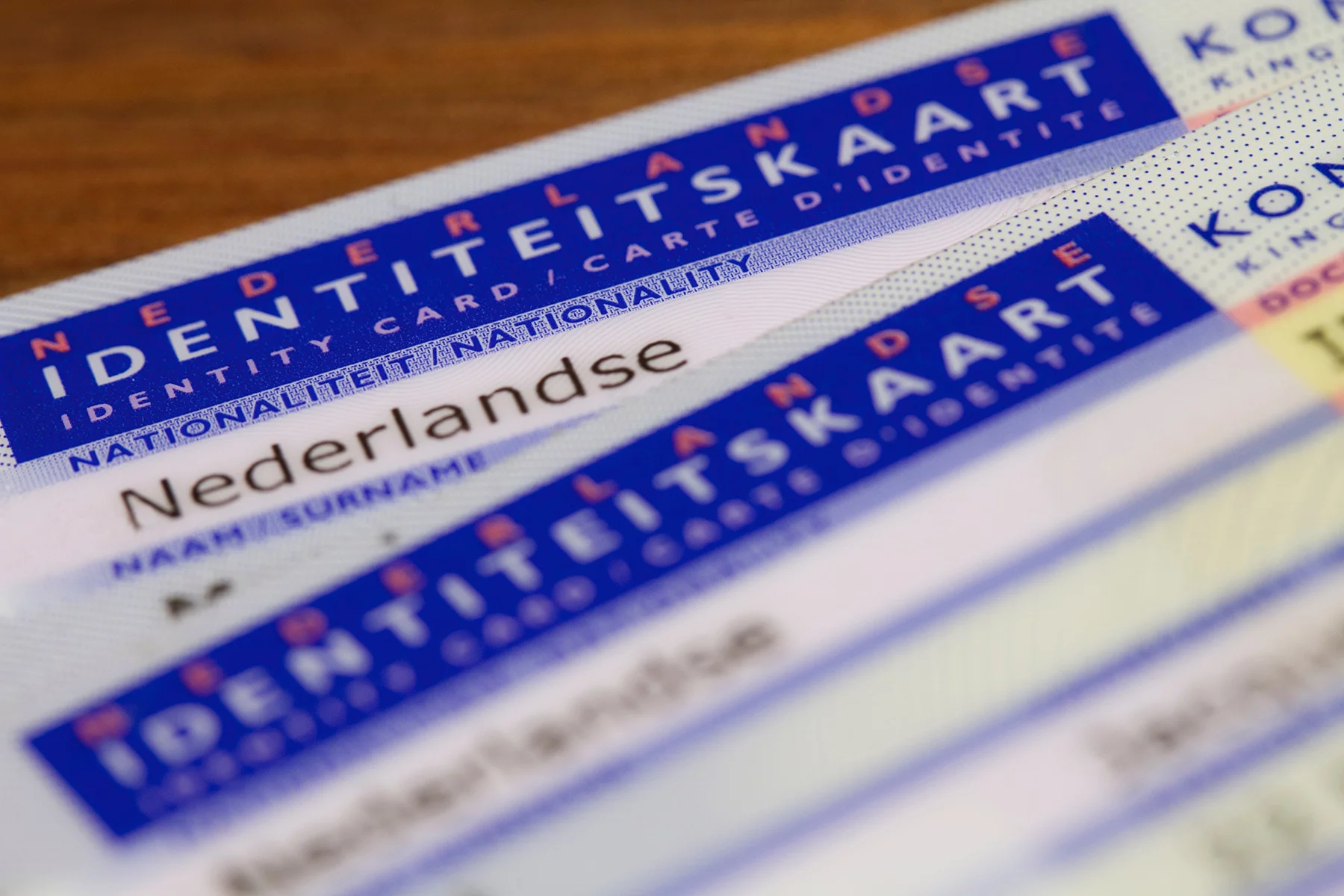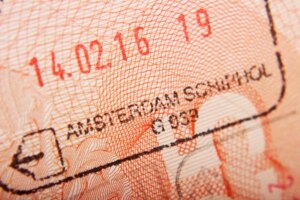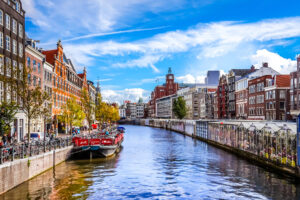There are few countries quite like the Netherlands. With picturesque canal towns, cozy cafes, and a landscape dotted with windmills, it’s easy to see why so many internationals fall in love with the country.
However, you may need to apply for a Dutch visa if you’re moving to the Netherlands to live, study, work, or join a relative or partner. To learn about the conditions of the different types of Netherlands visas and residence permits, read on for information on the following:
- Immigration in the Netherlands
- Who needs a Dutch visa?
- Types of Dutch visas
- Short-stay Dutch visas
- Temporary Dutch visas
- Long-stay Dutch visas
- Asylum seekers and refugees in the Netherlands
- Residence and citizenship in the Netherlands
- Arriving in the Netherlands
- Immigration appeals and complaints
- Useful resources
Sirelo
It’s no secret that moving abroad can be stressful. Sirelo’s team of removal advisers is here to help. They provide five free quotes from international shipping companies so you can find the best options at the best prices. Take the stress out of your relocation to the Netherlands with Sirelo.
Immigration in the Netherlands
The Netherlands is one of the most densely populated countries in Europe. It has long been a multicultural society that has encouraged immigration and benefited from it economically and culturally. So much so that over a quarter of the Dutch population (around 27%) has a migrant background. This figure rises in cities such as Amsterdam, Rotterdam, and The Hague.
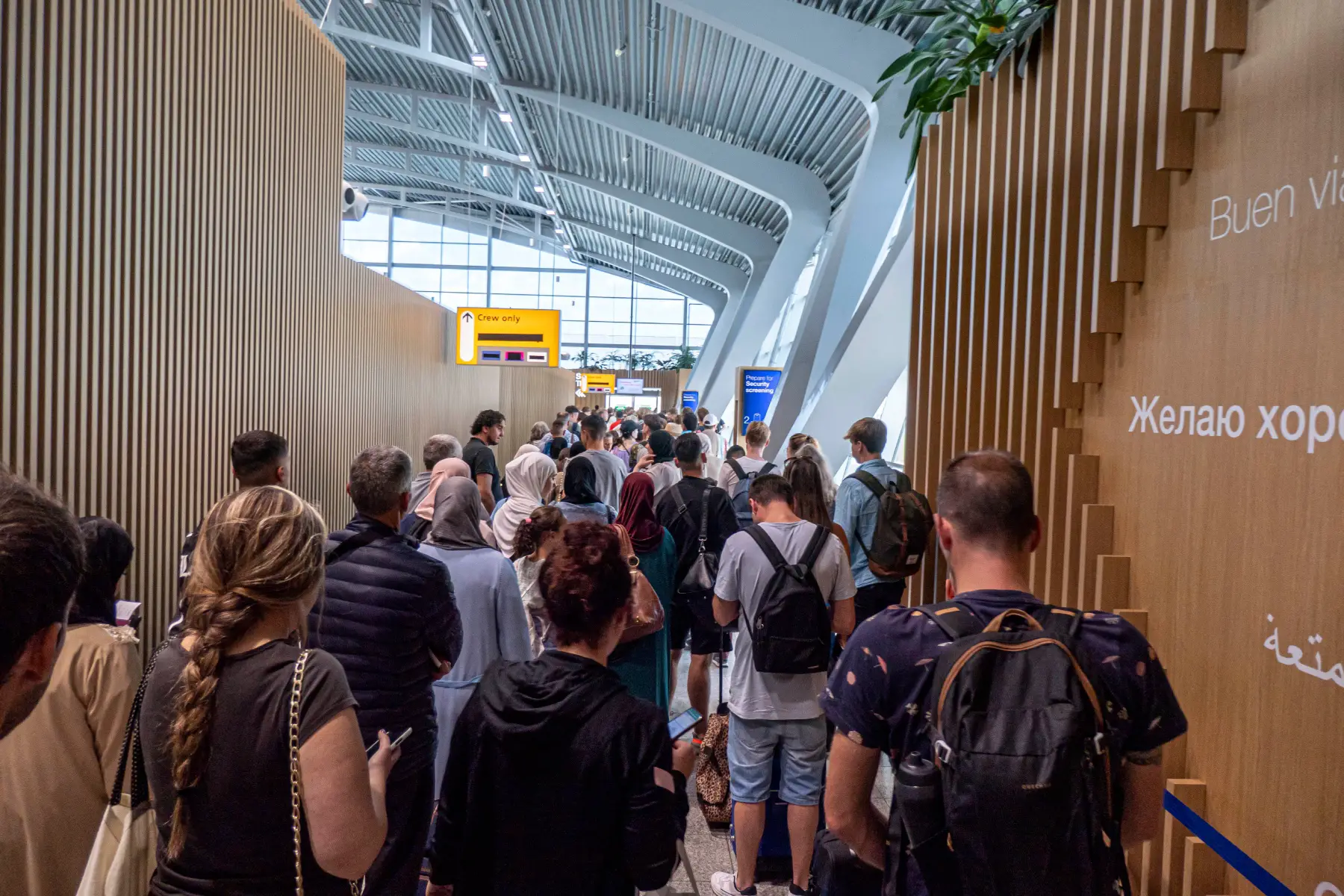
Similar to many other European Union (EU) countries, the Netherlands has a two-tier immigration system. EU/EFTA citizens have freedom of movement to travel or relocate to the Netherlands. Most non-EU/EFTA nationals, on the other hand, have to meet certain criteria to live, work, study, or join family in the Netherlands. The country is part of the Schengen Area, meaning many European citizens can travel there passport-free.
Outside the EU, the largest expat populations in the Netherlands are from Türkiye, Morocco, Syria, Indonesia, and Suriname.
The Immigration and Naturalization Service (Immigratie- en Naturalisatiedienst – IND) deals with Netherlands visas and immigration. In 2022, the IND processed around 13,530 applications for permanent regular residency and 45,090 for naturalization.
Who needs a Dutch visa?
EU/EFTA nationals
EU/EFTA citizens (EU plus Iceland, Liechtenstein, Norway, and Switzerland) don’t need a visa to visit, live, work, or study in the Netherlands regardless of the length of stay. You will just need to have a valid ID. This can be a passport or a national ID card.
If you’re a citizen from one of these countries, you don’t need to register your stay with the IND unless you are bringing a family member traveling with a non-EU/EFTA passport.
For stays longer than three months, EU/EFTA citizens need to register with their local authority in the Netherlands. They will then be entered into the Personal Records Database (Basisregistratie Personen – BRP) and will get a citizen service number (burgerservicenummer – BSN). This is the Dutch social security and tax number and is required for a lot of everyday aspects of local life, such as opening a bank account and accessing public healthcare.
If you are an EU/EFTA citizen staying in the Netherlands for longer than three months but are not working, you will need to have adequate health insurance coverage and show proof that you have sufficient funds for you and any dependent family members to live on.
Non-EU/EFTA nationals
If you are from a country outside the EU/EFTA, you may need a visa to enter and stay in the Netherlands. For short stays of up to three months, Netherlands visa requirements depend on nationality. Residents from some countries, such as the US, Japan, and Australia, can travel to the Netherlands for up to 90 days without a visa (or any 90 days within a 180-day period). Others will need to get a short-stay visa, but be sure to check individual country requirements before you travel.
For stays of longer than three months, non-EU/EFTA nationals will usually need a Dutch visa and/or residence permit relevant to the purposes of their stay. They may also need a work permit for employment.
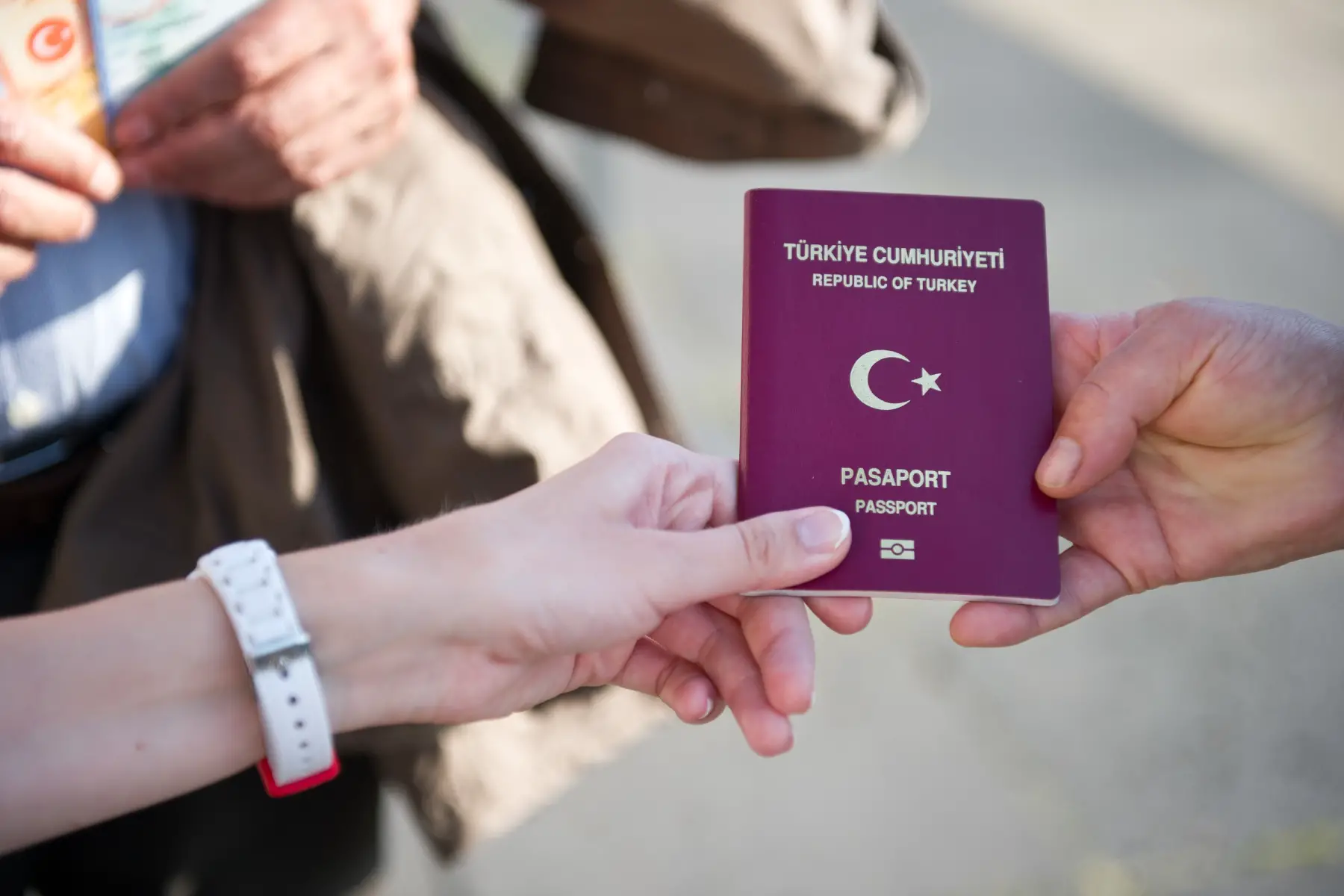
Partners and close relatives of EU/EFTA nationals
If you want to join a close relative of an EU/EFTA national who is living in the Netherlands but you are not an EU/EFTA national yourself, you also have the right to live and work in the Netherlands without a visa. This applies to spouses/partners, children/grandchildren aged under 21, and other relatives financially dependent on the EU/EFTA relative living in the Netherlands.
However, you will need to apply for verification against EU law to receive a certificate of lawful residence. This is a document that gives you similar rights to EU nationals and proves that you can live in the Netherlands without a visa.
Read up on family reunification in the Netherlands for more details.
UK citizens after Brexit
Since 1 January 2021, the UK is no longer a member of the EU, and its citizens can no longer benefit from free movement to EU countries, including the Netherlands. UK nationals can travel to the Netherlands without a visa for short-stay visits (up to three months, or any 90 days within a 180-day period).
However, if you travel to the Netherlands on a UK passport, you will need a Dutch residence permit for long stays of over three months. You may also need a work permit if taking up employment.
Types of Dutch visas
You can get the following types of visas for the Netherlands:
- Short-stay visas: valid for a 90-day period (or a maximum of 90 days within a 180-day period)
- Temporary stay visas: usually valid for up to one year for specific purposes
- Long-stay visas: for purposes such as working or joining family members and are for periods longer than one year
If you need advice on your visa type or requirements, it might be worth contacting an immigration lawyer to help streamline the process. Law firms that specialize in helping newcomers to the Netherlands include:
Return visa
If you leave the Netherlands for a short period of time and don’t have a valid residence permit when you return (if it expires when you are away, for example), you may need a return visa to re-enter the country.
The validity of the return visa depends on your circumstances but typically ranges from three months to a year. The fee for this visa is currently €177, or €52 for Turkish nationals and family members.
Short-stay Dutch visas
Short-stay Dutch visas are valid for a maximum of 90 days (or 90 days within a 180-day period). The main type of short-stay visa is the Schengen C visa which allows you to travel across the Schengen Area. However, you will need to make sure you have a multi-entry rather than a single-entry visa if you plan to leave and then return to the Netherlands within this period. You can usually change a single-entry visa to a multi-entry one for €30 if you have a good reason for doing so.
You need to apply for a short-stay visa in the Dutch embassy or consulate in your home country before you travel.
The three main categories of short-stay visas in the Netherlands are:
- Holidays and family visit (tourist) visa
- Business visit visa
- Airport transit stopover visa
Holiday and family visit visa
This is the general short-stay tourist visa (Schengen C visa) for the Netherlands.
Dutch tourist visa: requirements and application
You will typically need to apply in person at the Dutch embassy or consulate in your home country in the six months before you travel. In addition to the completed application form, you will need to have:
- Valid passport/travel ID plus two passport photos
- Details of your purposes for traveling to the Netherlands (typically a cover letter)
- Proof that you can financially support yourself during your stay, usually a bank statement showing that you have a minimum of €55 per day to cover costs. If you don’t have this, you will need to have a sponsor in the Netherlands who agrees to cover your costs
- Proof of travel health insurance
- Details of your accommodation, for example, your hotel reservation or the address of the people you will be staying with
- Evidence that you will leave the Netherlands before your visa expires, for example, a return flight ticket back home.
Your visa application should be decided within 15 days. If it is granted, you’ll usually need to collect it from the embassy or consulate.
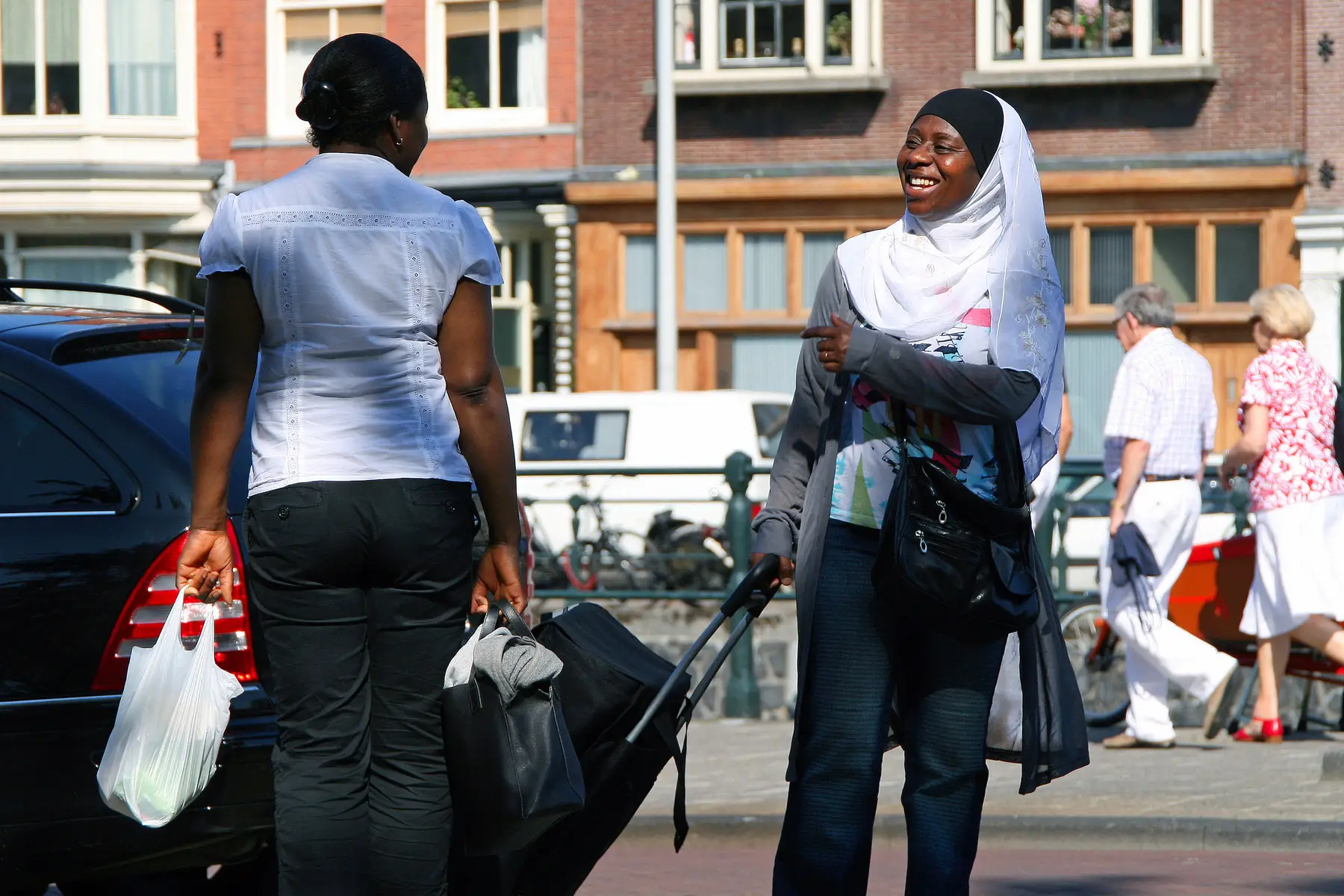
The short-stay tourist visa is not a work visa. However, if you want to work at all in the Netherlands on this visa, you have to apply for a BSN and your employer will usually need to obtain a work permit from the Employee Insurance Agency (Uitvoeringsinstituut Werknemersverzekeringen – UWV).
Visa costs are €30 (as of 2024). If you want to extend your stay, you’ll need to pay another €30 (unless your extension is for circumstances beyond your control or humanitarian reasons).
Business visit visa
This is another variation of the Schengen C visa. It is very similar to the holiday and family visit visa in terms of requirements, costs, and application processes. The chief difference is regarding the purpose of the visit to the Netherlands, which needs to be business-related. This can be:
- Work or business training
- Visiting the country to carry out a business transaction
- Attending a conference or seminar
- Taking part in a cultural or sports event
- Carrying out a diplomatic or political visit
- Working or volunteering on a temporary placement
- Completing a short-term study course
Business visit visa requirements
You will typically need a letter of invitation from a business or organization either based in the Netherlands or legally permitted to do business there. You will also need to provide evidence that you have a job or study placement in your home country, or that you are self-employed and your business relates to your visit.
If you are not funding your visit yourself, you will need proof that a third party (for example, your employer, university, or host organization) is covering the expenses of your trip.
Airport transit stopover visa
This visa, known as the Schengen A visa, is for airport transit only. You may need this if you are stopping overnight in a Dutch airport en route to another country outside of the Schengen Area. It allows you into the international zone of a Dutch airport. If you are leaving the airport, even for a day, you will need a short-stay C visa.
You need to apply for an A visa at the embassy or consulate in your home country. The cost is the same as for the C visa.
Temporary Dutch visas
Temporary Netherlands visas are available for stays that are typically between three months and a year. These visas are issued as residence permits in the Netherlands and can be for certain work, study, or exchange purposes. Some can be renewed, however, others cannot.
Provisional Residence permits: MVVs
If you need a visa to enter the Netherlands, this takes the form of a provisional residence permit (machtiging tot voorlopig verblijf – MVV) which is valid for the same duration as the short-stay visa (90 days). You can apply for your MVV and your residence permit at the same time.
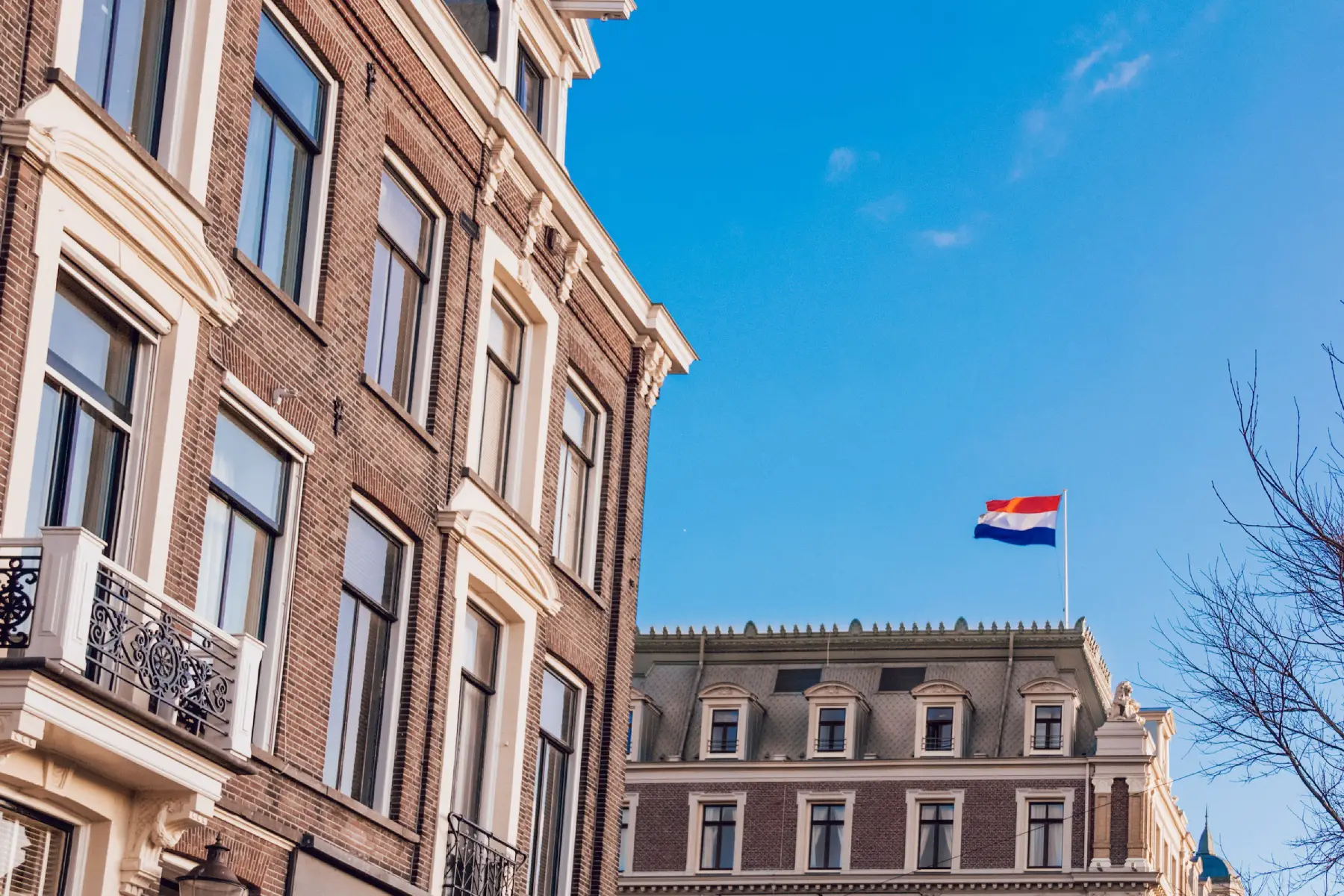
You need to apply for these through the Dutch embassy or consulate in your home country before traveling. A sponsor – usually an employer or an education establishment in the Netherlands – can also apply for you.
Application for Dutch provisional residence permit
For all temporary visas and permits, you will need to provide:
- Valid photo ID (plus biometric data for MVV applications)
- Evidence of a clean criminal record
- Evidence of your income
You may also be required to take a civic integration (inburgering) exam before you move. This is a three-part test of your knowledge of the Dutch language and society, which you can take via computer at your Dutch embassy or consulate.
Once your application has been approved, you must collect it within three months. It is valid for 90 days, so you should travel to the Netherlands within this time to collect your residence permit from there. If you do not travel in time, you must repeat the application process.
Cultural exchange visa
After you arrive in the Netherlands, you will also need to obtain health insurance within four months, as well as take a tuberculosis (TB) test unless you are from an exempt country.
This is a temporary visa for young people aged 18–30 who wish to experience and learn about Dutch culture. You must do this through a recognized exchange institution that acts as your sponsor during your stay and will apply for your residence permit (and MVV if required) on your behalf.
This visa/permit costs €380 in 2024. It is non-renewable and you can only apply for it once. You need to stay with a family of two or more people while in the Netherlands and you can only do voluntary work.
In addition to the standard cultural exchange visa, there is the Working Holiday Program (WHP) visa open to young people from nine different countries.
Au pair visa
This visa is for anyone aged 18-30 wanting to work as an au pair for a host family for up to a year. The conditions and costs for this visa/permit are very similar to the cultural exchange visa. You need to apply through a recognized au pair agency that will take care of the application for you.
You can work as an au pair for up to 30 hours a week on this visa. Your host family cannot be family members in the first, second, or third degree.
Work experience visa
You can come to the Netherlands for work experience as a trainee or apprentice for up to a year. To do this, you will need a registered sponsoring organization that will act as your employer and provide a work experience agreement and plan. Your sponsor will usually sort out your visa and permit requirements through the IND, although you can do this yourself if you wish.
The work experience visa/permit is a single permit that acts as a combined residence and work (tewerkstellingsvergunning – TWV) permit. If you need a visa to enter the Netherlands, you will initially have an MVV which you exchange for a single permit.
This permit costs €380 and you can only work for your sponsoring employer for its duration.
Orientation year visa for highly educated persons
The orientation year permit allows the holder to live in the country for up to a year to look for work or start their own business. You must have completed an accredited study course to at least an undergraduate degree level in the Netherlands or a postgraduate level overseas.
If you’re applying from abroad and need a visa to enter the Netherlands, you can apply for the MVV and your temporary residence permit at the same time before you travel. Those applying from within the Netherlands can fill out an online application or post an application form with their details.
This permit costs €228 in 2024. You can work freely in the Netherlands without a TWV on this permit.
Long-stay Dutch visas
You will need a long-stay visa if you come to the Netherlands to work, study or join family members long-term. As with the temporary Dutch visas, long-stay visas are residence permits that allow you to leave and return to the Netherlands for as long as they are valid.
The same general requirements apply for long-stay visas as for temporary visas, including TB testing and getting health insurance. Long-stay permits have a maximum duration of five years.
Work visa
If you come to the Netherlands for paid work purposes longer than three months, you will need what is known as a Single Permit (gecombineerde vergunning voor verblijf en arbeid – GVVA). This is a residence permit combined with a work permit (TWV). You may also need the MVV temporary permit if you need a visa to enter the Netherlands.

Typically, you will need a job offer first before getting your GVVA. Your employer usually applies for this and you then collect it from the IND around two weeks after arriving in the Netherlands. If you need an MVV, you will get this from the Dutch embassy or consulate in your home country. You may also need to meet minimum salary requirements that depend on your job.
There are several different categories of Dutch work-related permits:
- Combined residence and work permit (GVVA): General permit for most paid employment. Costs €380 and is valid for one year. It can be renewed for a maximum of five years.
- Highly skilled migrant residence permit: costs €380 and is valid for five years
- Intra-corporate transfer permit: for employees of multinational firms transferred to the Netherlands. Valid for three years. The employer normally pays costs.
- Researcher permit: costing €228 and valid for five years.
- European Blue Card residence permit: which is another permit for high-skilled workers valid for four years. You can also become self-employed. Cost €380.
You can bring your spouse/partner and children aged under 18 with you on a GVVA.
Study visa
If you are studying at a university in the Netherlands, you will need a residence permit if your study lasts longer than three months. You will also need an MVV if you need a visa to enter the Netherlands.
To qualify for a student residence permit, you will need to have an offer from a recognized educational institution in the Netherlands and meet the criteria for acceptance into the course. You will also need to prove that you can support yourself financially during your stay. Your university will apply for your residence permit (and MVV if necessary).
This permit costs €228 (2024) and is valid for the duration of your course, for a maximum of five years. You can work for a maximum of 16 hours per week during term time, and full-time in June, July, and August. Your employer will need a TWV for you.
Family visa
Dutch immigration law allows family reunions. Relatives of EU/EFTA citizens living in the Netherlands can travel visa-free and apply to have the same rights as EU citizens. The following relatives can join non-EU/EFTA nationals living in the Netherlands:
- Spouse or partner
- Children aged under 18 (including adopted or foster children)
You will need a residence permit if joining a non-EU/EFTA family member, plus an MVV if you need a visa to enter the Netherlands. A family residence permit costs €228. The permit is valid for the same length as that of the relative you are joining. In most cases, you can work, but your employer will need to obtain a TWV.
Asylum seekers and refugees in the Netherlands
Anyone can apply for asylum in the Netherlands. The application is free. You are likely to be granted asylum if you are fleeing persecution or conflict from a country not on the Netherlands’ safe list and you don’t have an outstanding application (or have been granted a visa) elsewhere.
To apply for asylum in the Netherlands, you must:
- Visit an asylum application center (aanmeldcentrum or AC) in Ter Apel (if you arrived by land through Belgium or Germany) or Schiphol (if by air or sea) to make your application.
- Undergo a TB examination
- Attend a reporting interview, unless you are an unaccompanied minor aged under 12
- Stay in an asylum reception center while your application is processed. This takes 6–9 days in most cases but can be extended in more complex situations. You will have to attend more detailed interviews during this time.
The IND will notify you of their decision once they have finished processing. If the application is successful, you will get a temporary asylum residence permit valid for five years. If your application is rejected, you will have to leave the Netherlands within 28 days. You can appeal the decision with a Repeat Asylum Application.
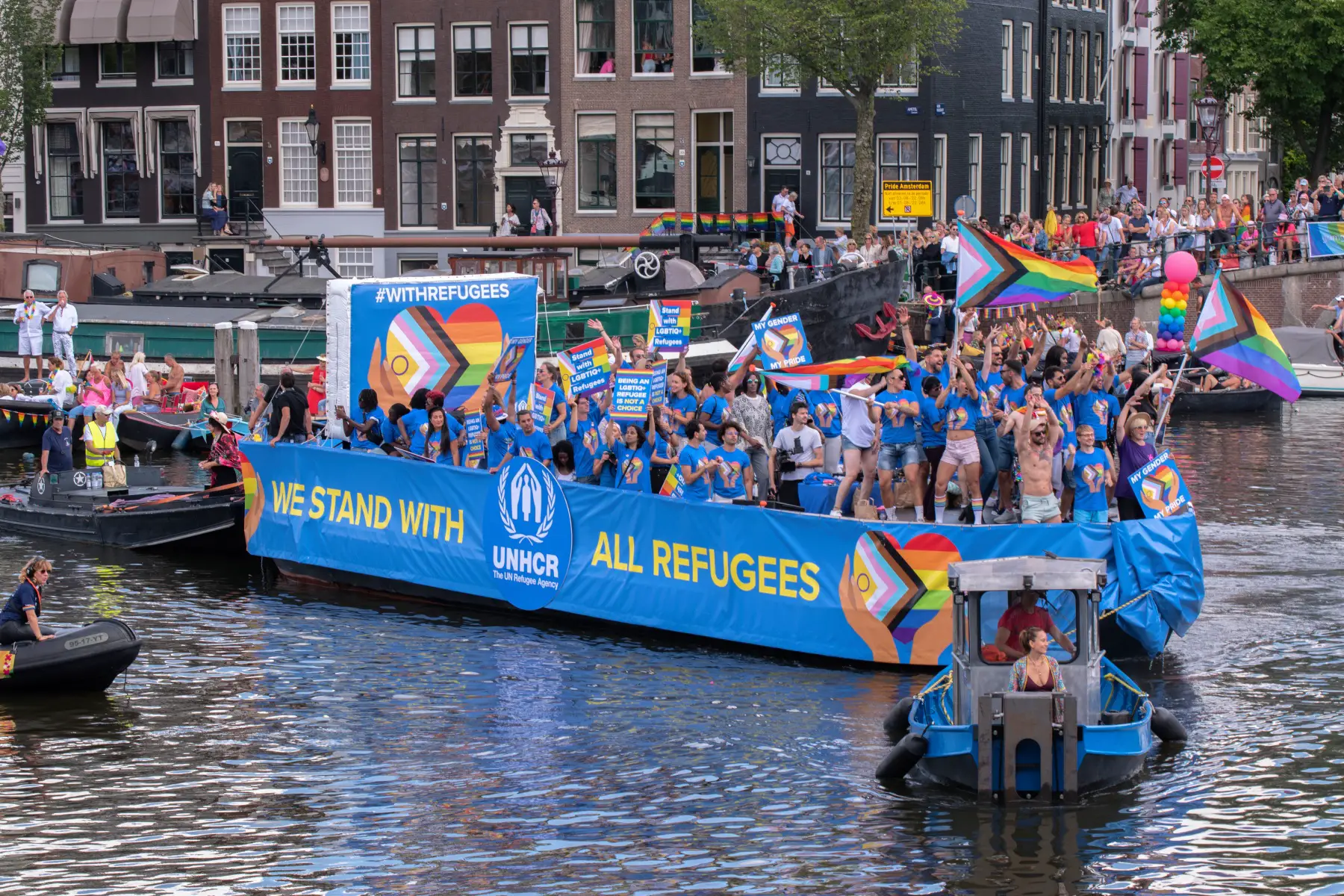
A temporary asylum residence permit gives you the right to work and be joined by family members (partners, children, or, in cases of unaccompanied minors, parents/guardians). You must also register with your municipal BRP, take out health insurance, and attend an integration course. After five years, you can apply for a permanent asylum permit for €210, valid for five years but renewable.
The Netherlands had over 35,000 applications for asylum in 2022. This is a 44% increase from applications in 2021. Nearly 11,000 of these applications were related to family reunions. Syrian nationals formed the majority of these applications.
Residence and citizenship in the Netherlands
You can extend your Dutch residence permit for a maximum of five years unless you have a fixed-term one-year permit. You should do this through the IND three months from the expiry date. If your circumstances have changed and you no longer qualify for the permit you have (for example, you have a work-related permit but are no longer employed), you might be able to apply for a change of permit if you meet other criteria.
After five continuous years living in the Netherlands, you can apply for a permanent residence permit if you meet Dutch integration requirements, for example, sufficient knowledge of the Dutch language. You can also apply for Dutch citizenship after five years (or three years if you’re a spouse or registered partner of a Dutch citizen).
Dutch residency for UK citizens after Brexit
The United Kingdom left the EU on 31 December 2020. This has implications for UK citizens living in the Netherlands. If you are a UK national who was living in the Netherlands before 1 January 2021, or you are a family member of a UK national living in the country before this date, you can benefit from the terms of the Brexit Withdrawal Agreement. This means you will continue to enjoy much the same rights as an EU citizen.
However, if you moved to the Netherlands after 31 December 2020, the Brexit Withdrawal Agreement does not apply. In this case, you must apply for a new residence permit.
See the IND website for more information on living in the Netherlands after Brexit.
Arriving in the Netherlands
If you are staying in the Netherlands for longer than three months, you will need to register with your local authority records database (BRP) so that you can get your BSN. You may also want to consider the following to help settle yourself into Dutch life:
- Registering with local healthcare services
- Opening a Dutch bank account
- Sorting out utilities and telecommunications contracts
For more information, read more about the 10 things you need to do during your first week in the Netherlands.
Immigration appeals and complaints
The IND is the final decision-maker on applications for visas, permits, citizenship, and asylum. If you are unhappy with a decision, you can make your case known using an online complaint form. Make sure you give full details about what you’re complaining about and what you want the outcome to be.
The IND has six weeks to respond to your complaint. If you are not happy with the complaint, you have two options:
- Contact the National Ombudsman to ask for a review of your complaint. You need to do this within one year of the decision.
- Take your complaint to the Petitions Committee of the Parliament or the Petitions Committee of the Senate
If you are appealing against an asylum decision, you should first send your appeal to the IND. You can then appeal to the court if you are unhappy with the final decision.
Useful resources
- Immigration and Naturalization Service (Immigratie- en Naturalisatiedienst – IND) – deals with all issues concerning immigration, visas, citizenship, and asylum
- Government of the Netherlands (Rijksoverheid) – Dutch government website
